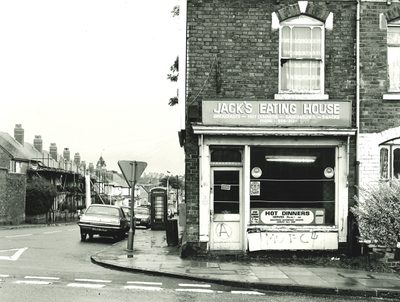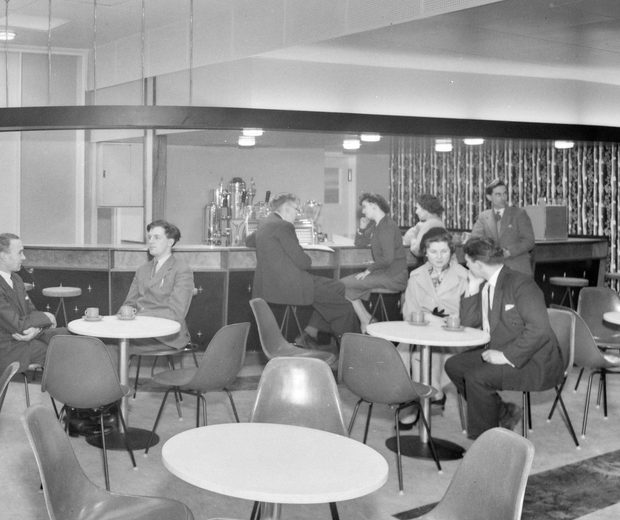New report reveals how oral histories can help to promote healthier eating and tackle food inequality in Birmingham
Stories 6 Oct 2025News Story
Report shows how oral histories can highlight structural and cultural barriers and facilitators to healthy eating.
Policy recommendations include integrating heritage institutions into food and health policy delivery.
It calls for investment in research on emotion as a pathway to food and health literacy.

Birmingham Museums Trust has published a new report that reveals how community food stories and museum collections can be powerful tools for promoting healthier eating and tackling food inequalities in the city.
Using Oral Histories: A Methodology for Public Health Advocacy by Sophie Beckett, public health research officer at Birmingham Museums Trust, demonstrates how oral histories can capture lived experiences around food, improve food literacy and help to create more relevant, inclusive approaches to health promotion.
Key findings in the report show that:
- oral histories can highlight the structural and cultural barriers and facilitators to healthy eating in Birmingham, bridging local voices to policy level strategy.
- revisiting historic oral history positions these resources as strategic public health tools, by aligning food-related heritage with contemporary health priorities.
- oral histories can serve as dynamic tools for food literacy, emotional engagement and behaviour change.
Wider findings for the sector position museums as trusted civic spaces where communities can explore healthier food futures.
Policy recommendations include reframing food inequality as “food apartheid,” integrating heritage institutions into food and health policy delivery and investing in research on emotion as a pathway to food and health literacy.
The report suggests that the themes identified in defining ‘good food’ - shared, cultural, tasty, healthy, caring, joyous and adventurous - should guide the city’s understanding of what food ought to be. Embedding these values into food policies ensures that initiatives are rooted in local perspectives and remain relevant to the needs of Birmingham.
In her foreword, Sara Wajid, co-chief executive of Birmingham Museums Trust, reflects:
“Food is never just about nutrition. It’s about identity, inheritance, joy, restraint and belonging. Those are the stories museums should be telling, and it’s a privilege to be part of that work.”
Rhys Boyer, senior public health officer, and Sally Burns, director of public health at Birmingham City Council, said:
“This report does more than summarise an innovative partnership – it offers a blueprint for how public health can evolve by integrating cultural institutions, creative methodologies and community voice. If we are serious about tackling health inequalities, then we must also take seriously the roots of culture, memory and identity.”
Report author Sophie Beckett added:
“This work shows how museums can move beyond preservation to become active agents in social change. By embedding lived experience in health research, we can create more human, equitable and transformative public health systems.
“By bringing together public health, behavioural science, heritage and community engagement, it models a matrix, transdisciplinary way of working that is essential to the future of creative health.”
Using Oral Histories: A Methodology for Public Health Advocacy is available to download below:

Food and Drink Oral History Project
Find out more about the project.